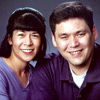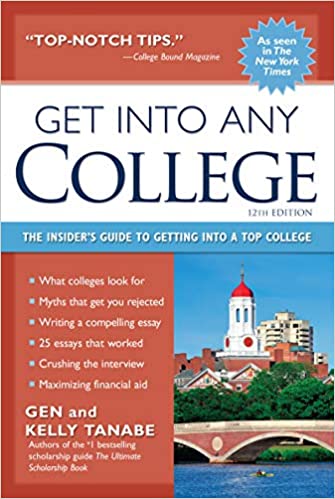One of the most detested aspects of applying to college is taking entrance exams. You will spend no less than six excruciating hours on early Saturday mornings taking tedious tests that pit you against every other college-bound high school senior in the country. The results of this stressful experience will be a set of numbers that you can use to compare yourself to your friends to see who really is smarter! That wouldn't be so bad if were not for the fact that you also have to mail these scores to the colleges, and they will use them to help decide if you are worthy of admission. It's no wonder that some students have been attending after-school test prep courses practically since they were in pre-school.
The SAT is the granddaddy of all the tests, the one to which most preparatory manuals and courses are devoted and the one that often creates the most anxiety. The SAT covers three general areas in three hours and 45 minutes—math, critical reading and writing. Each is scored between 200 and 800 for a combined possible score of 2400.
There is one way that you can get out of taking the SAT. That is by taking another standardized test—the ACT. Administered by the American College Testing Program, the ACT lasts almost three hours and covers four subject areas: English, Math, Reading and Science. You will receive a score for each of the four subject areas and a composite (average) score for the entire test between 1 (the lowest possible score) and 36 (the highest possible score).
If the reading sections of either the SAT or ACT make you turn pale, hyperventilate and break out into a cold sweat, you have come to the right place. This guide will show you simple steps to gain confidence in your abilities and (most importantly) raise your score.
The more you read, the faster you'll read, which is important for the SAT Critical Reading questions and ACT Reading Test. Start reading everything you can, covering as many subject areas, writing styles and viewpoints as possible. Always read with a dictionary and look up unfamiliar words. Be sure to read works that are of literary merit and that cover a broad range of subjects such as The New Yorker, New York Times, National Geographic, Newsweek or Harper's.
2
Study vocabulary as often as you brush your teeth…or more!
One of the secrets to success for verbal and reading tests is vocabulary, pure and simple. Even though an exam may not test vocabulary directly, word understanding is essential to scoring well on the reading comprehension, sentence structure analysis and writing tests. There are literally thousands of books offering different methods for remembering vocabulary words. Select the strategy that works best for you and use it. Set a goal—one chapter, 25 words a week or whatever is realistic for you—and, most important, stick to it.
3
Study etymology, the origins of words.
By studying etymology, you can learn the historical roots of words. Often roots and other word parts such as prefixes and suffixes can be used to figure out the meaning of the words that you don't know. In fact, by understanding how these word parts combine, you can figure out the meaning of hundreds of words.
If all this word part talk is confusing you, take a look at the following example. By studying etymology, you would learn that "bio" means life and "log" means the study of. Hence, "biology" is the study of life. You may have already known this, but with etymology you could also figure out (or at least take a good guess at) the meanings of such words as "biosphere," "biorhythm," "toxicology," "microbiology," "symbiosis," "sociology," "astrology" and "ethnology." By studying a few roots, prefixes and suffixes, you can decipher a tremendous number of words. A great etymology-based book to try is Word Power Made Easy.



